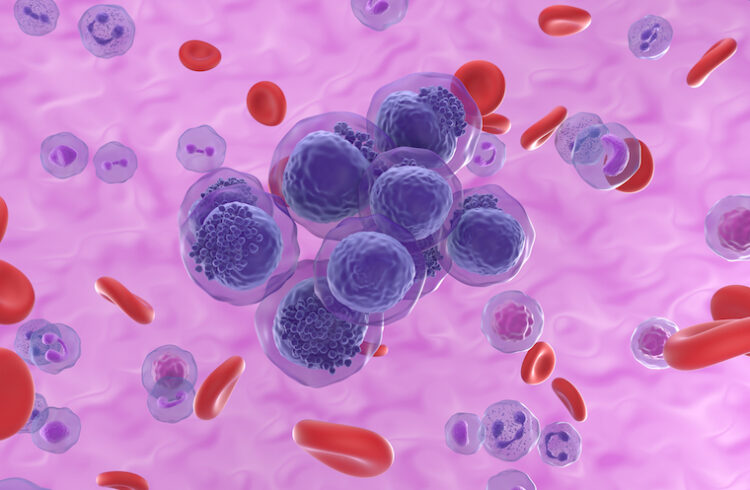
A brain map, created by a new approach developed at UVA, to guide surgery to prevent epilepsy seizures.

A brain map, created by a new approach developed at UVA, to guide surgery to prevent epilepsy seizures.
UVA Health’s F.E. Dreifuss Comprehensive Epilepsy Program has been recertified as a Level 4 center – the highest level of care – by the National Association of Epilepsy Centers.
“I want to congratulate our entire epilepsy care team for earning this national honor,” said K. Craig Kent, MD, chief executive officer of UVA Health and executive vice president for health affairs at UVA. “This highly skilled team exemplifies the type of complex care available at UVA Health that can only be found at a small number of hospitals across the U.S.”
According to the national epilepsy association, Level 4 centers provide complex monitoring and extensive medical, neuropsychological and psychosocial treatment options, as well as complete evaluations for epilepsy surgery and a range of surgical procedures to treat epilepsy. UVA’s team includes adult and pediatric epileptologists, neuropsychologists, neurosurgeons, nurses, technicians, social workers, nutritionists and educational counselors.
“Our team provides comprehensive care to help patients control or, in some cases, stop their seizures,” said Nathan Fountain, MD, director of the F.E. Dreifuss Comprehensive Epilepsy Program. “I am so pleased to see the dedication and excellent care our team provides rewarded with the Level 4 designation.”
UVA’s specialized care includes an inpatient epilepsy monitoring unit, a pediatric epilepsy clinic, specialists in epilepsy surgery and a clinic focused on treatment using the ketogenic diet.
As an academic medical center, UVA is also a leader in epilepsy research and clinical trials, having contributed to the development of every experimental treatment for epilepsy that has been approved by the U.S. Food and Drug Administration in the last 30 years. UVA epilepsy researchers have recently:
- Started a multicenter study of Focused Ultrasound for Subcortical Epilepsy (FUSE) as a potential non-invasive surgical option for epilepsy.
- Developed an advanced imaging approach that could let surgeons determine the best target in the brain to stop epilepsy seizures.
- Revealed how a newly developed gene therapy can treat Dravet syndrome, a severe form of epilepsy, and potentially prolong survival for people with the condition.
- Unveiled how problems in cortical microcircuits in the brain can trigger epilepsy seizures, and how targeting the problem could potentially lead to new treatments.
- Discovered a previously unknown repair process in the brain that could be harnessed and enhanced to treat seizure-related brain injuries.
- Provided new insight into the No. 1 cause of epilepsy deaths, suggesting a long-sought answer for why some patients die unexpectedly following an epileptic seizure.
- Determined why sleep can put people with epilepsy at increased risk of sudden death.
- Described why many people with seizures also experience memory problems.



